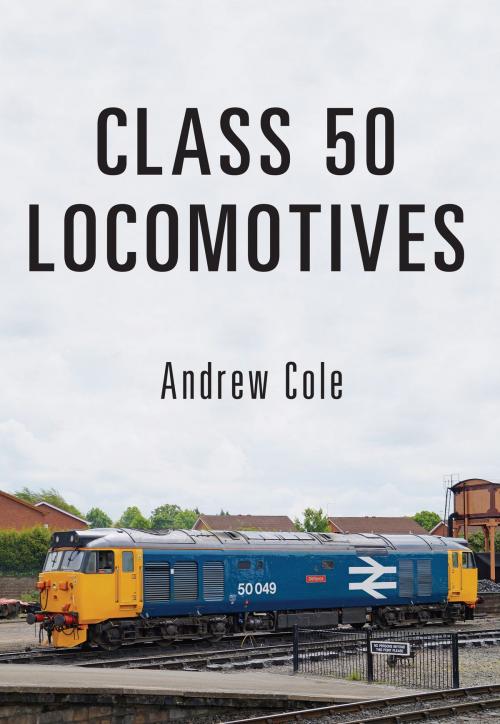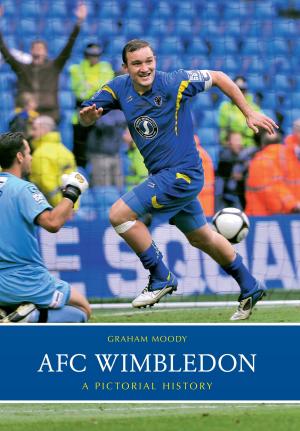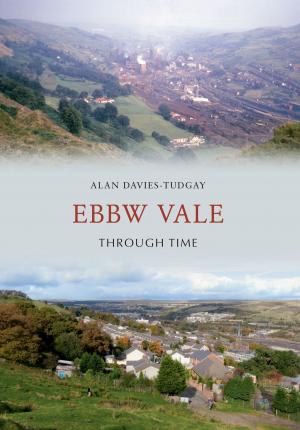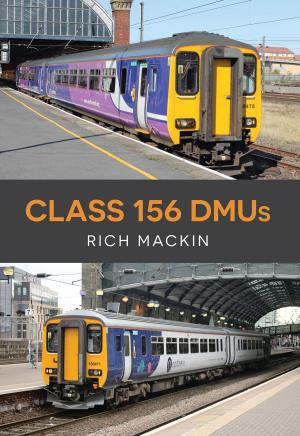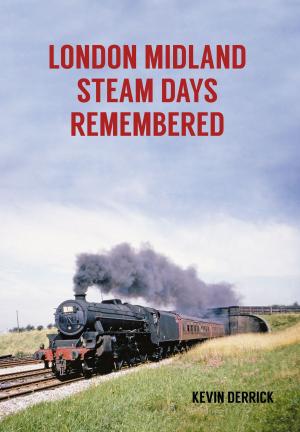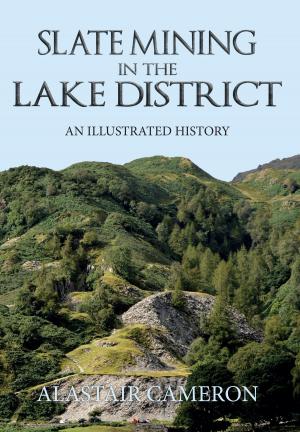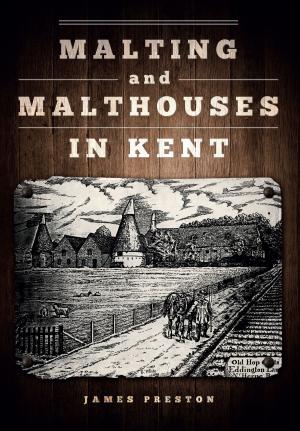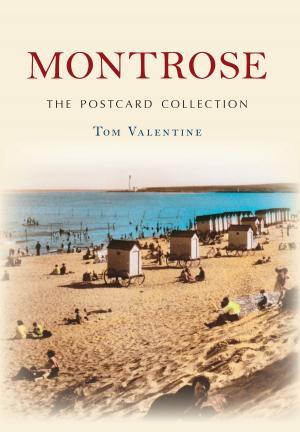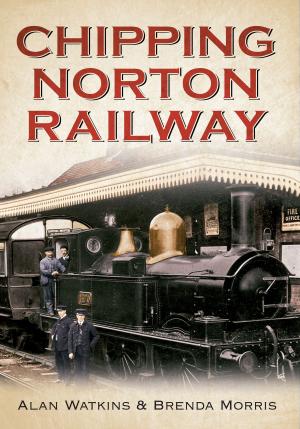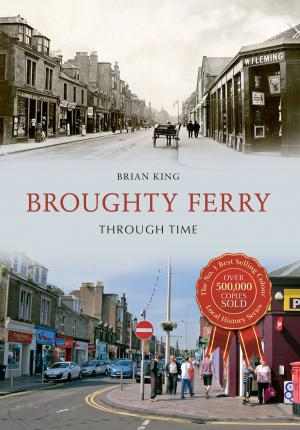| Author: | Andrew Cole | ISBN: | 9781445666877 |
| Publisher: | Amberley Publishing | Publication: | March 15, 2017 |
| Imprint: | Amberley Publishing | Language: | English |
| Author: | Andrew Cole |
| ISBN: | 9781445666877 |
| Publisher: | Amberley Publishing |
| Publication: | March 15, 2017 |
| Imprint: | Amberley Publishing |
| Language: | English |
Class 50s are probably among the best-loved diesel locomotives that have run on British Rail. Fifty of these powerful, English Electric-powered locomotives were built by EE at their Vulcan foundry from 1967 onwards. They were ordered to work express passenger workings on the northern end of the West Coast Main Line before the advent of electrification. They performed these duties until the first members of the class were transferred away to the Western Region in 1974. Here they eliminated the Class 52s from both passenger and also freight workings. All fifty locomotives eventually also found their way to the Western Region, and then from 1979 all members of the class visited Doncaster Works for a full refurbishment, which included repainting into large logo livery. The first member of the class was withdrawn in 1987; by this time the class were split between Network South East and the Civil Engineers department. A large number of the class received Network South East livery before the final members of the class were withdrawn in 1994. Quite a sizeable number found their way into preservation, but unfortunately some were scrapped despite having already been saved for preservation. The Class 50’s fascinating history is explored in this volume through Andrew Cole’s wonderful collection of images, which includes a shot of every single member of this popular class.
Class 50s are probably among the best-loved diesel locomotives that have run on British Rail. Fifty of these powerful, English Electric-powered locomotives were built by EE at their Vulcan foundry from 1967 onwards. They were ordered to work express passenger workings on the northern end of the West Coast Main Line before the advent of electrification. They performed these duties until the first members of the class were transferred away to the Western Region in 1974. Here they eliminated the Class 52s from both passenger and also freight workings. All fifty locomotives eventually also found their way to the Western Region, and then from 1979 all members of the class visited Doncaster Works for a full refurbishment, which included repainting into large logo livery. The first member of the class was withdrawn in 1987; by this time the class were split between Network South East and the Civil Engineers department. A large number of the class received Network South East livery before the final members of the class were withdrawn in 1994. Quite a sizeable number found their way into preservation, but unfortunately some were scrapped despite having already been saved for preservation. The Class 50’s fascinating history is explored in this volume through Andrew Cole’s wonderful collection of images, which includes a shot of every single member of this popular class.
